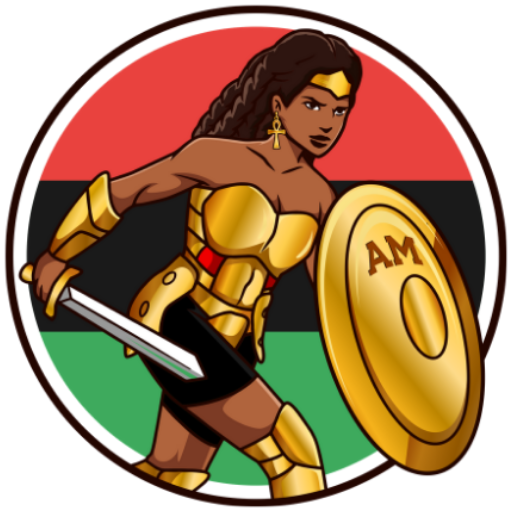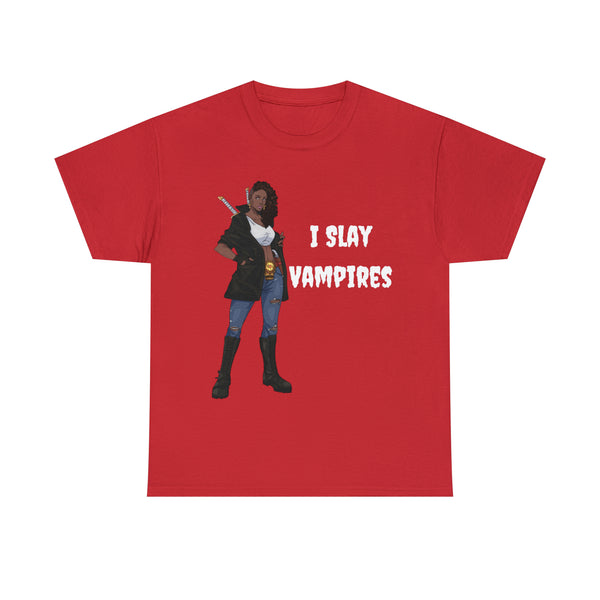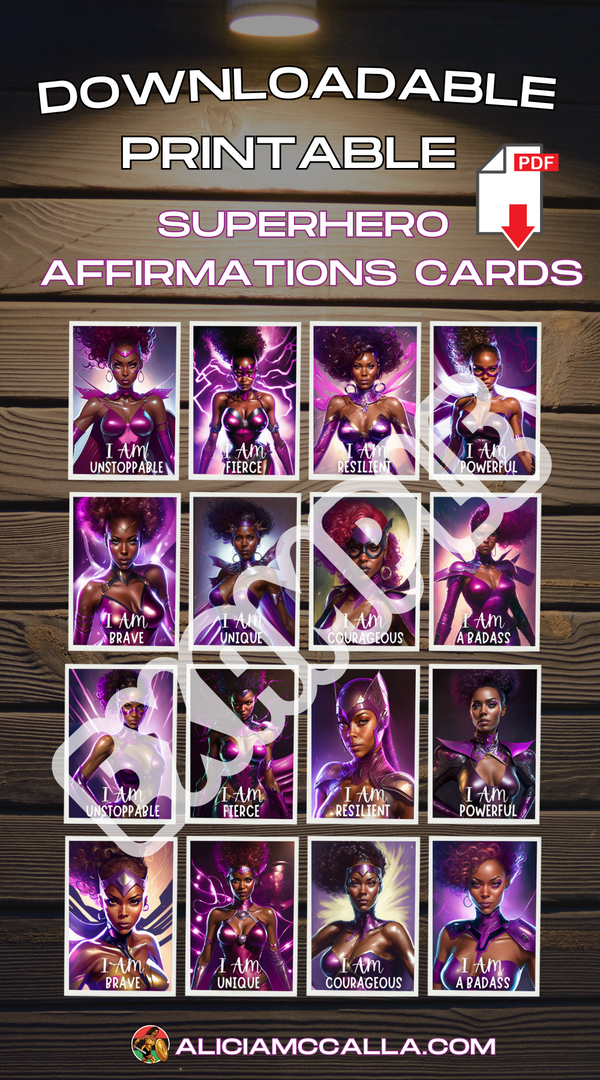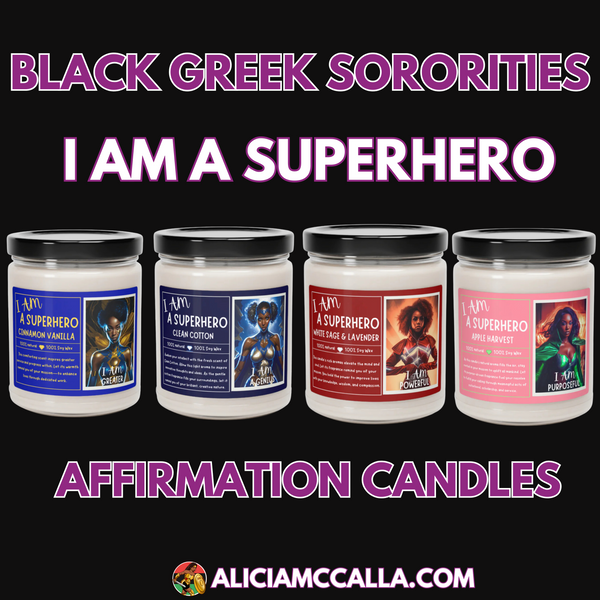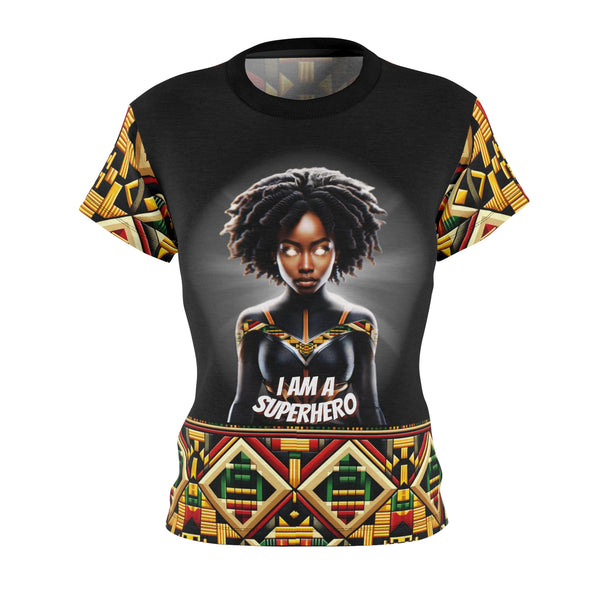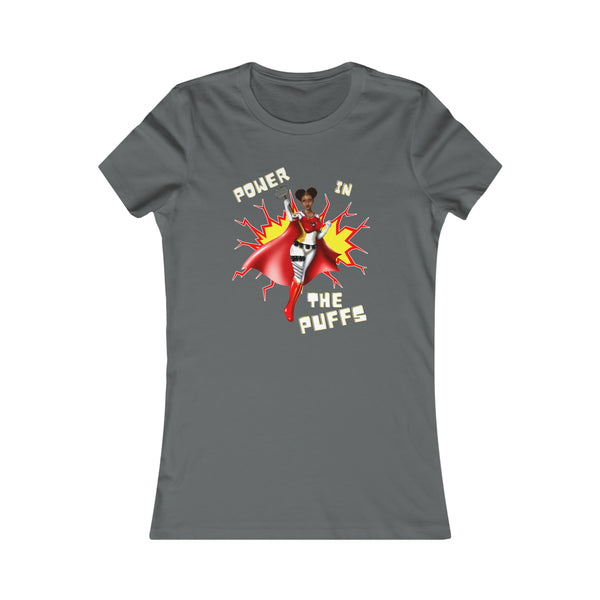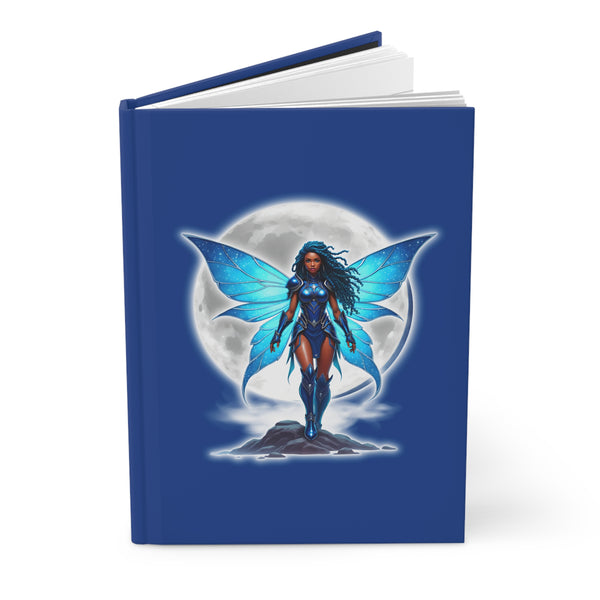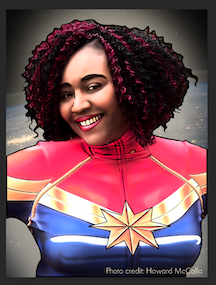
A Black Woman Sci-Fi Writer’s Unfounded Rage Towards “The Help”
Share
Ok, it’s truth time. Deep down inside I secretly despised the tragic mammy. I know, my rage about the image was totally wrong, illogical, and unlike the normal me. I’m usually very accepting of all types but the whole Black mammy thing pissed me off. I was the kid who stared at the Aunt Jemima pancake box. I didn’t like that little woman with the red head rag. I ate my pancakes better when Quaker gave her a perm. And, that woman from Gone with the Wind, uggh, I wanted to slap her. She should’ve known how to birth a baby…
So, there I was in Borders several years ago, enjoying the Urban Fantasy section when this little white dude came up and questioned me. “Are you in the right place? Do you need help finding a book? Oh, I have this terrific book for you called ‘The Help.’” I politely told him that I most certainly WAS in the right place. I’d almost reached the section with Laurell K. Hamilton and I turned my back but that little dude would not leave me alone. I took the Help. I took one look at that yellow cover and read the back. Umm, no, this ain’t the book for me. I know, the Librarian judged a book by the cover.
When did this unnatural rage begin? When I was 12 years old, I read too many Black power movement books. I was bored and they were just sitting there in the basement. I read about Angela Davis, Malcolm X, and Huey Newton. I like my heroines to be tough. I like my stories to be bigger than life but I’m educated, so I get it. I need to be open. I thought, how come the little white man didn’t push Beloved on me? Now that’s more like my story.
My great grandmother, Annie Mae Thornton was a domestic worker. She cleaned white people’s houses. When I think of my great grandmother, she was more than that. She was bigger than that. In fact, her failing eyesight kept her from being a Nurse. She was educated, smart, and kind. Her story is powerful. She migrated from Georgia to Detroit. That took some heart but her life was not centered on being a domestic.
Where did my rage come from? When I was a college student, I took an African-American literature class. At my predominantly white school, the class was split with half black and half white students. We were discussing the Harlem Renaissance and one of the white female students broke out in tears. She was upset and saddened by what she read. The black students were mad but I actually said something. “That was in, like, the 1940s.” Secretly, I was sick of Claude McKay’s, We Wear the Masks, and I wanted to move on to the cool stuff. I was ready to move to the next level. My professor, an awesome lady, said, “We have to respect her feelings. She’s never had to deal with something like this before. I know since I’m white and have black children.” I loved that professor, so I backed off.
Where did the rage come from? A white Republican was excited about the Help and suggested that me and my husband run out and see it. I didn’t talk about my Mammy rage at all. I get it now. The Help was not written for me or by someone with my needs. It didn’t dawn on me until I read, “A Revolution for Black Maids who Escaped Their White Female Authors” by Nicole Sconiers. She totally voiced my rage and my feelings. One of the maids from the fictitious book, The Domestics, escapes North with her super powers to become a super heroine. The maid and the writer in the short story become empowered. The Black woman writer takes to the keyboard and tells her own story.
I get it now. My anger and rage about the story of the tragic mammies is totally unfounded. It’s unfair for me to be angry with another writer for sharing their vision, their story, and their needs. It’s this type of backlash that stops white writers from adding multicultural characters to their stories. Who is the audience for the Help? Maybe the little bookseller and white Republicans, but it’s not me.
The Help is not my great grandmother’s story. The Help is not the type of story that I would read or write but The Help serves those who need to enter that place of racial healing where they can. The Help enlightens those that need it. My professor from undergrad is long since gone but I can see her smiling. I get it. I have to respect other people’s journey towards racial healing. I have to respect other’s people’s voice. Now that’s true humanism. We all need space to share.
I can promise, one thing, if I ever write a mammy, she’ll have super powers, for sure, but I’ve released that worthless rage over stupidity. We all have a story to tell and it’s ok to tell it. We just need to make space for all voices to be heard. Hopefully, XJ’s story, Breaking Free, will become a runaway bestseller and for those people who want to move on to something else, something more current like I did in college, will find that next level in the African-American experience. I’d like that a whole lot.
09/13/2011 Update: Check out this open statement from the Association of Black Women Historians. They've made a statement about the Help. It's a strong statement. Here's a piece of the statement:
On behalf of the Association of Black Women Historians (ABWH), this statement provides historical context to address widespread stereotyping presented in both the film and novel version of The Help. The book has sold over three million copies, and heavy promotion of the movie will ensure its success at the box office. Despite efforts to market the book and the film as a progressive story of triumph over racial injustice, The Help distorts, ignores, and trivializes the experiences of black domestic workers. We are specifically concerned about the representations of black life and the lack of attention given to sexual harassment and civil rights activism.
Click here for the rest:
